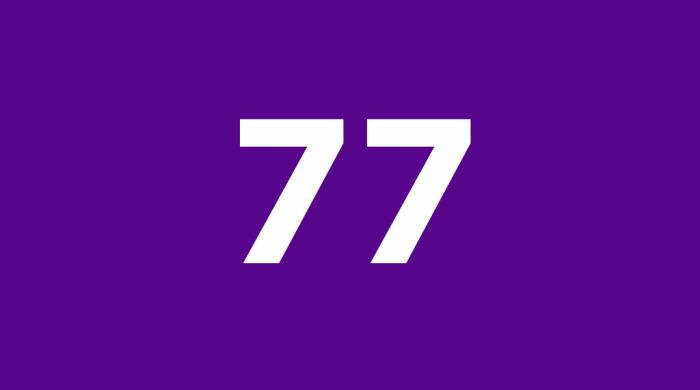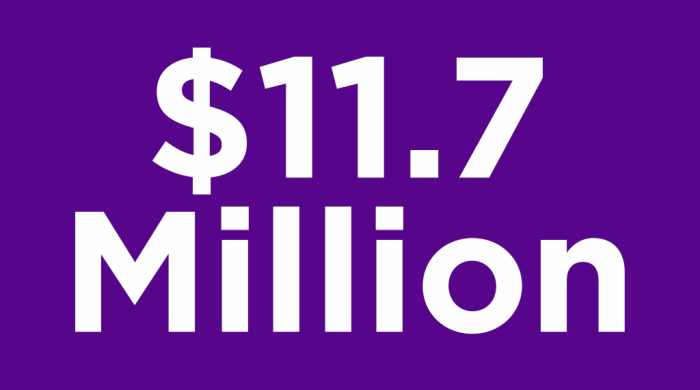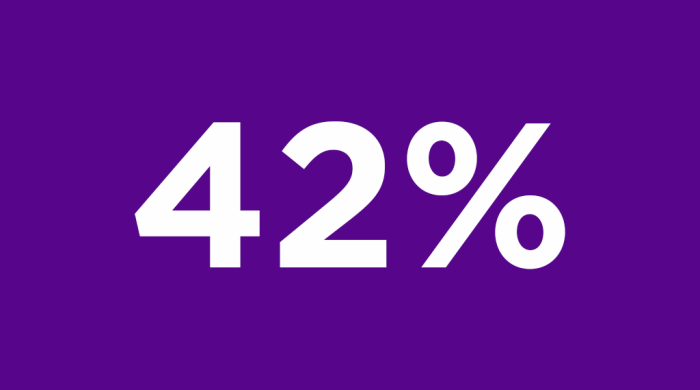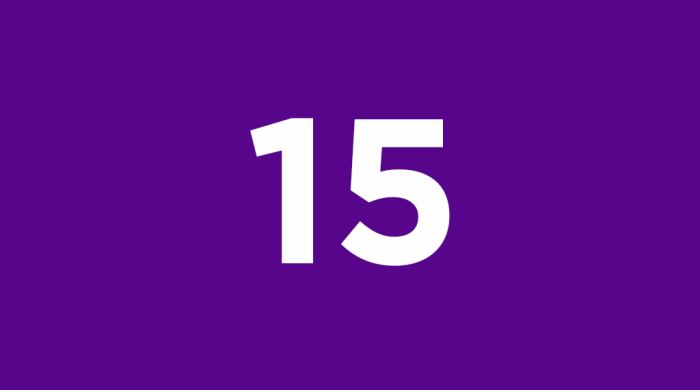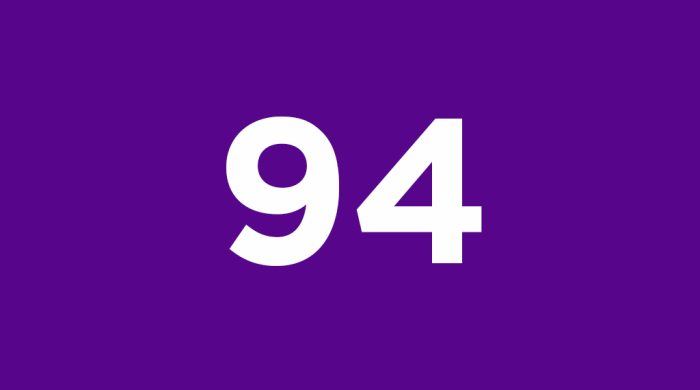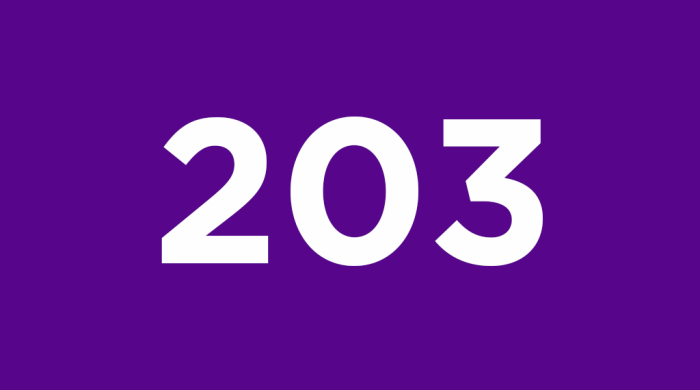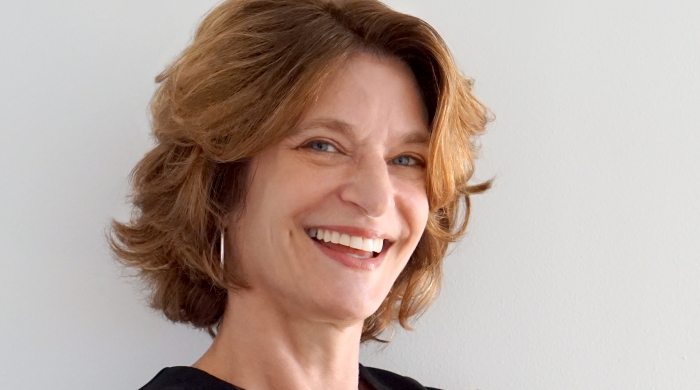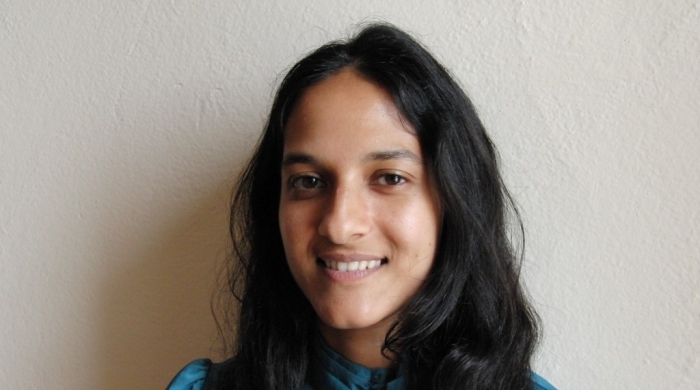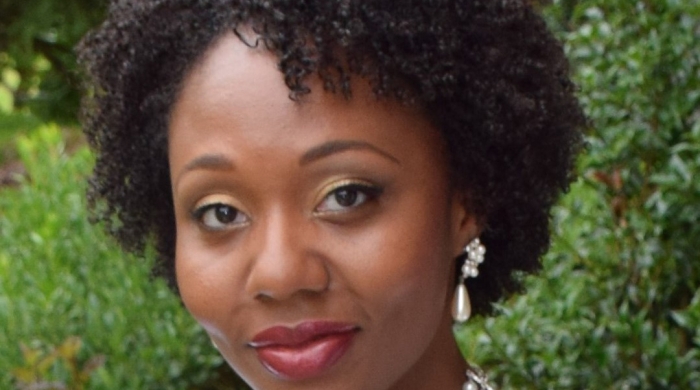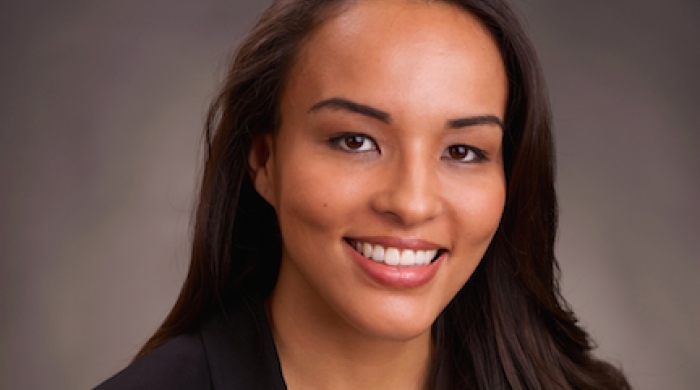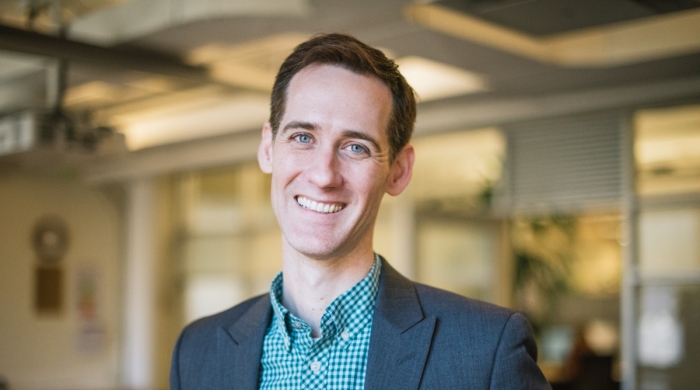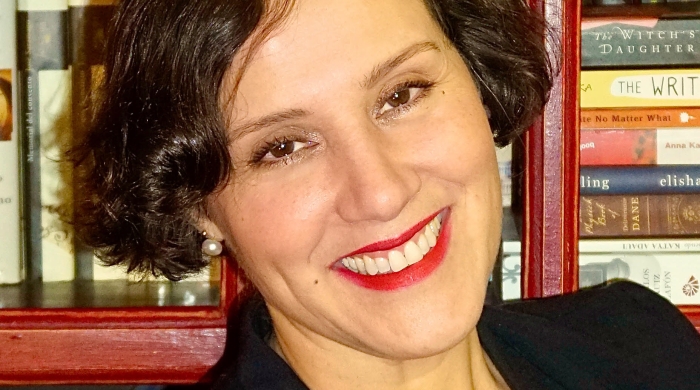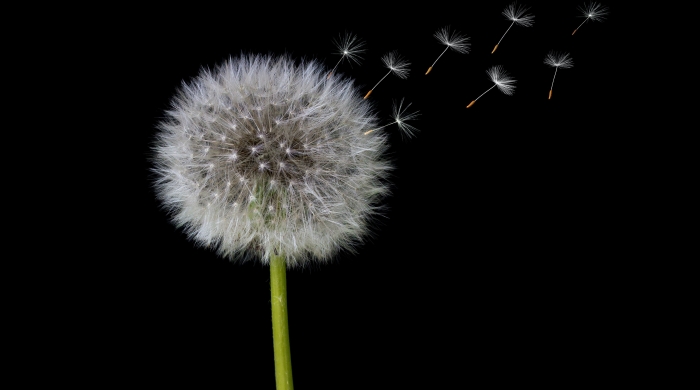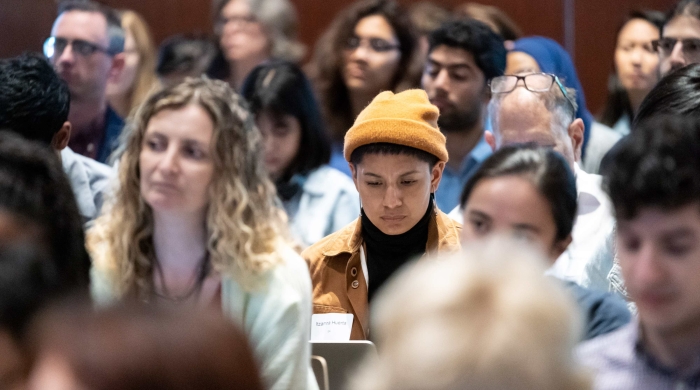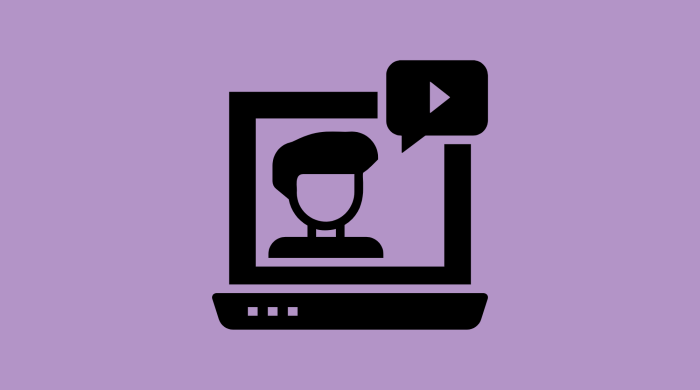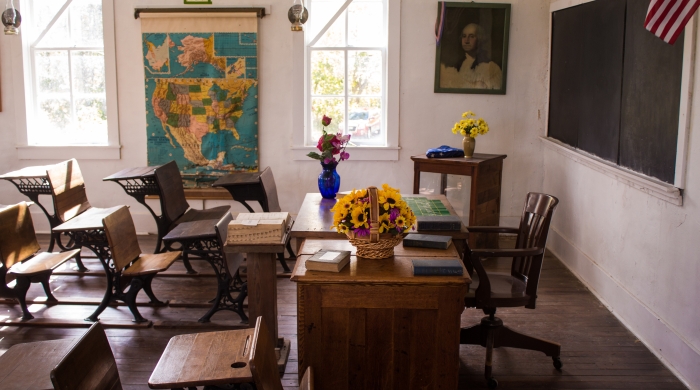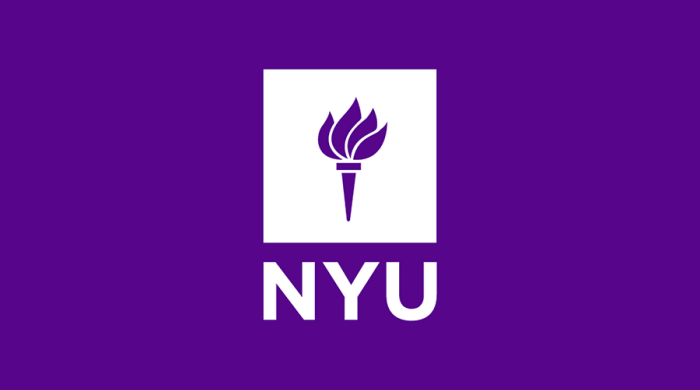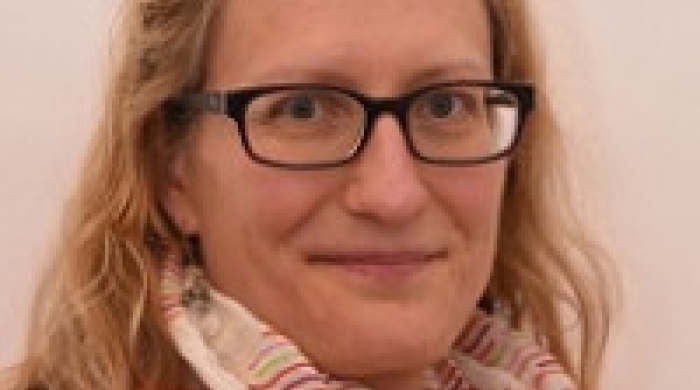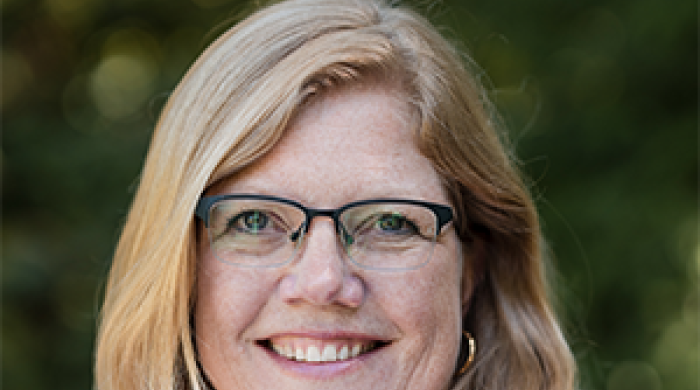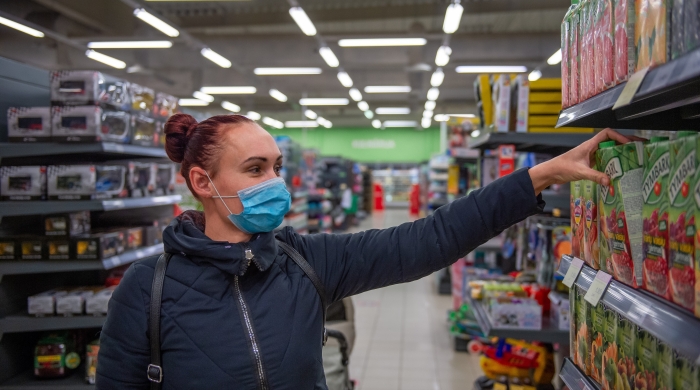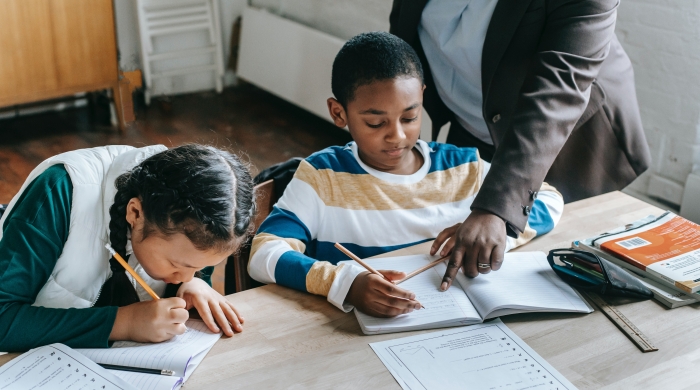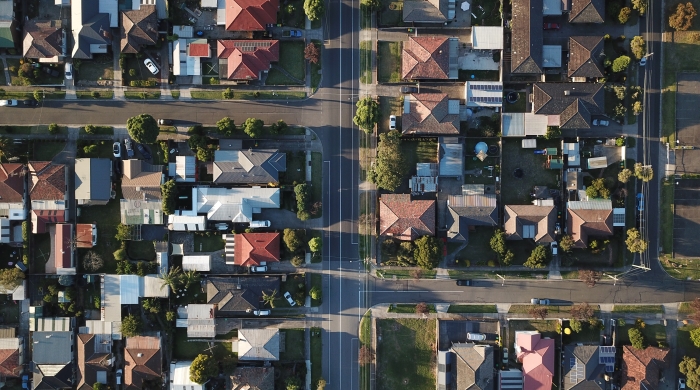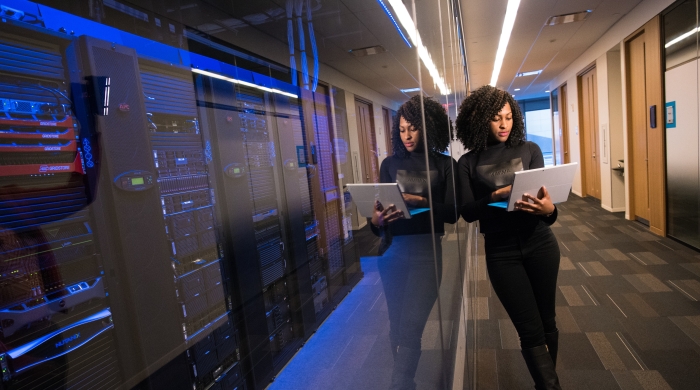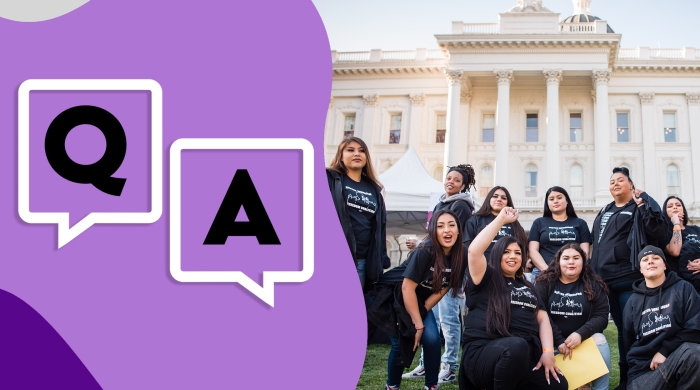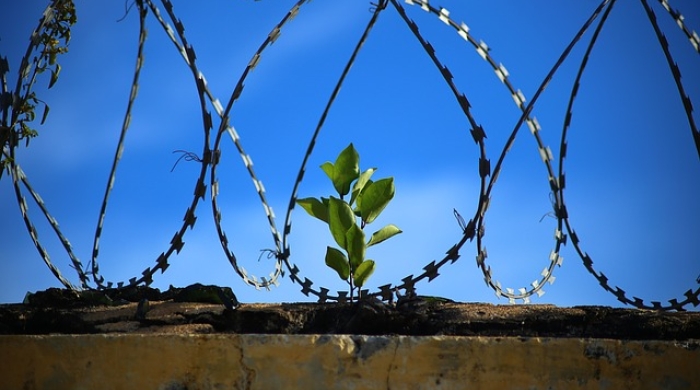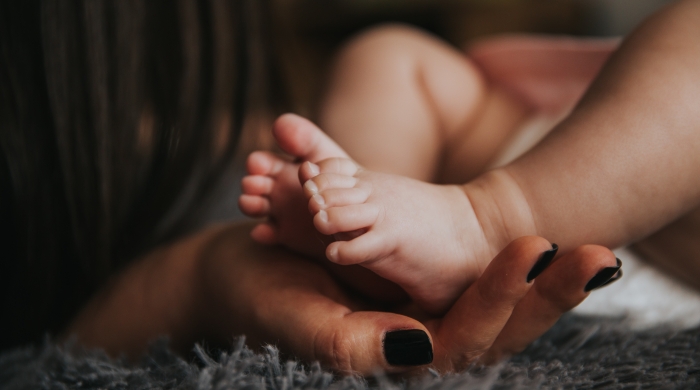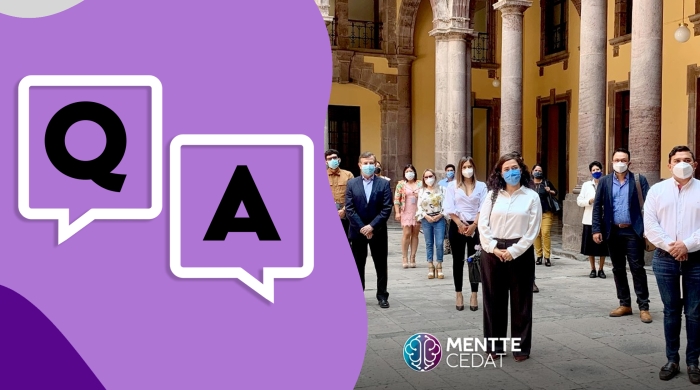
Introduction
The Institute of Human Development and Social Change (IHDSC) at New York University (NYU) aims to break new ground through support for rigorous research and training across social, behavioral, educational, policy, and health sciences, with a focus on scholarship aimed at unraveling inequality and expanding opportunity. We cultivate an intellectual community focused on issues related to poverty and inequality, education and child development, health and wellbeing, and social policy in local, national, and global contexts. A joint initiative of the Steinhardt School of Culture, Education, and Human Development, Wagner School of Public Service, Faculty of Arts and Science, and the Office of the Provost, IHDSC brings together over 90 faculty and research affiliates and hundreds of students and staff with the goals of knowledge creation (research), knowledge transmission (education), and knowledge utilization (policy and practice).
Below is our annual report, highlighting the ways that we have worked towards this mission in our last fiscal year (spanning from September 2020 to August 2021). Thank you to our community for your continued support and engagement!
Message from the Directors
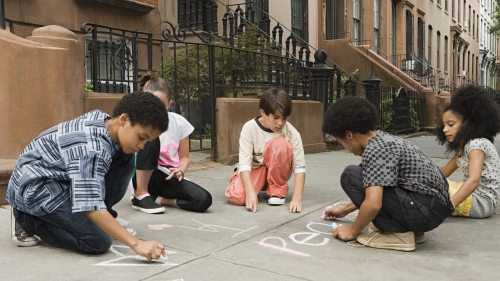
In the 1960s, when we lived through a different time of reckoning, President Lyndon B. Johnson laid out his vision for a Great Society. “The Great Society, he said, rests on abundance and liberty for all. It demands an end to poverty and racial injustice, to which we are totally committed in our time.”
Sixty years later, we are in a new time of reckoning and it has laid bare the extent to which the deep stains and ragged edges of our society persist - racism and white supremacy, colonialism, mounting economic and educational inequality, persistent gaps in opportunity, disparities in health and wellness, broken social trust and tattered public discourse.
What is the role of social science in such a time? At IHDSC, we believe social science can have a real lasting impact on our communities and our world. In order for this vision to be achieved, we must bridge interdisciplinary divisions and institutional divides; we must break down our silos to examine issues from new angles and develop bold new solutions; we must work together in research-practice-policy partnerships with communities; and we must center the voices, knowledge and experiences of individuals and communities most impacted by the issues we study. Without taking all of these steps, we will inadvertently perpetuate the inequities we seek to redress.
During the 2020-2021 academic year, IHDSC has brought people together to work across disciplines and with communities, policymakers, and practitioners to answer key questions about human development in social context. What reduces racial and gender disparities in the school-to-prison pipeline? How has COVID-19 impacted families and children? How can STEM and tech be more attuned to mitigating social inequity and incorporating cultural diversity? How can we bolster the social and emotional resilience of children in low-income and crisis-affected contexts throughout the world? How can we work with families, neighborhoods and communities to identify and reduce health and developmental disparities?
Over the past year, IHDSC has convened networks for reflection, research, and action. We have released a research-practice-policy partnership framework and taken the first steps towards creating a community impact hub that puts non-profit organizations in direct conversation with faculty and research affiliates. We have supported the development of 69 grant proposals and managed over $67 million in active awards. Our interdisciplinary faculty group, NYU Blueprints for Progressive Change in Juvenile Justice, has launched efforts to reduce school pushout and foster the educational success of legal-system involved youth. We have conducted and disseminated interviews with researchers and community-based partners in order to reveal the stories behind the research. We have brought together scholars and community leaders to share research-based policy recommendations and reimagine the role of schools in society. And, we have awarded seed funds to junior scholars and new investigative teams to study - and dismantle - inequities in our communities.
We have done much this year to redress inequity and promote the advancement of human development in social context. But there is much more to be done. We invite you to join us.
Dr. Erin Godfrey
Director of IHDSC
Associate Professor of Applied Psychology
Chris Barker
Associate Director of IHDSC
By the Numbers
Active Awards Supported
IHDSC supported 77 active awards this year, representing a $67.7 million grant portfolio from 42 sources, including federal sources such as NIH, NSF, IES, EPA, and HHS. Funding from federal sources comprised 63% of the grant portfolio value.
Grant Value Awarded
IHDSC-supported faculty and research affiliates received 27 awards this year totaling $11.7 million. These awards came from 5 federal agencies, 11 unique foundations, and 6 other funding sources including private companies, education institutions, and state government agencies.
Proposals Led by Junior Scholars
Of the 69 grant proposals totaling $45 million submitted through IHDSC this year, almost half were led by junior scholars. The number of junior scholar-led proposals has increased by almost 30% over the past five years.
Blogs Published
On the Ground worked with 14 faculty affiliates to create original blogs about their research, including faculty and student Q&As, op-eds, and interviews with partner organizations. These blogs were primarily shared with our community through 20 email newsletters.
Faculty & Research Affiliates
IHDSC maintains a multidisciplinary faculty and research network with affiliates from 17 departments across multiple NYU schools and divisions, including Steinhardt, Arts & Science, Wagner, School of Medicine, School of Global Public Health, and Abu Dhabi.
Individuals Employed
IHDSC supports employees on 77 active grants in positions related to research administration, data collection, dissemination, education and training, and more. This includes 63 student employees and 10 IES-PIRT fellows.
Funding Spotlights
IHDSC is proud to work with affiliates across the university to support research that bridges interdisciplinary divides to generate knowledge with real-world community impact on inequality and opportunity. Below we highlight just a few of the projects funded this year that further our mission and expand our reach.
Dr. Karen Adolph
Dr. Karen Adolph received funding from the US Environmental Protection Agency (EPA) for "Developmental, Behavioral & Environmental Determinants of Infant Dust Ingestion" in collaboration with researchers at Purdue University. The award, which is the first ever EPA grant at IHDSC, uses an interdisciplinary approach across the fields of infant motor development, environmental science, and chemistry to determine infant chemical exposure from indoor dust ingestion in the home. The project will also create a shared corpus of video, dust, toxicant, and ingestion rate data to increase scientific transparency.
Dr. Sudha Arunachalam
Dr. Sudha Arunachalam received funding for "Do Children's Genetically-Influenced Characteristics Influence the Parental Input they Experience? Evidence from a Longitudinal Twin Study" from the National Institutes of Health (NIH). Her grant is the first externally funded grant at IHDSC led by faculty from the department of Communicative Sciences and Disorders (CSD). The knowledge gained will reveal how child factors contribute to the parental linguistic input children receive and the longitudinal consequences of this relationship.
Dr. Rachel Atkins
Dr. Rachel Atkins and collaborator Dr. Charlton McIlwain received funding for the "Workshop for Advancement of Research on Racial Equity in Technology Entrepreneurship" from the Kauffman Foundation. The project, which is designed to address the lack of existing research on racial equity in technology entrepreneurship, is part of the Center for Critical Race and Digital Studies and is the first Kauffman-funded project and first project led by Stern faculty at IHDSC. The project will convene scholars annually to share research and receive training.
Dr. Natalie Brito
Dr. Natalie Brito worked with NYU School of Medicine collaborators Dr. Moriah Thomason and Dr. Clancy Blair to receive funding for two related projects: "Investigating Neurobehavioral Consequences of COVID-19 Related Stressors on Maternal Mental Health and Infant Development" and "Overlapping and Discrete Pathways Through Which Prenatal Isolation and Uncertainty Stress Impact Maternal Mental Health and Child Neurodevelopment" from National Institutes of Health (NIH). This work will advance understanding of maternal stress due to COVID-19 in the weeks before and after childbirth and its impact on infants’ early brain development.
Dr. Michael Kieffer
Dr. Michael Kieffer and collaborator Dr. Lorena Llosa received funding from the Institute of Education Sciences (IES) for their project "Transdisciplinary Approaches to Improving Opportunities and Achievement for English Learners in Secondary Settings" as part of a subaward through the University of Houston. This project leverages mixed methods approaches to identify and remove barriers and improve instruction for English learners. This award is Dr. Kieffer's second award from IES this year, and both awards represent his first external grants led through IHDSC.
Dr. Gigliana Melzi
Dr. Gigliana Melzi received funding from the National Science Foundation (NSF) for her project, "Latinx Families' Talk about Science in Stories with Young Children" with collaborators from Loyola University and University of California, Santa Cruz. Her research works to increase understanding of the ways that Latine families with preschoolers read and tell stories about science. This work will identify cultural strengths that support early engagement with scientific ideas and science practices in this underrepresented and growing population. This is her third grant supported by IHDSC.
Fostering Research & Impact
IHDSC hosts a range of initiatives aimed at catalyzing new programs of multidisciplinary research, linking people across divides to solve social problems, building intellectual community, and disseminating research evidence to policymakers, practitioners, and general audiences.
Seed Award Program
IHDSC partnered with NYU’s Cross-Cutting Initiative on Inequality and NYU's Research Development Office to fund six awards as part of the IHDSC Seed Award program. IHDSC Seed Awards enable faculty and research affiliates to engage with interdisciplinary perspectives, partner with organizations and agencies, and conduct pilot research to increase social impact and launch new areas of scholarship. "It was amazing to receive the resources to begin research on an important idea that would have been considered too 'risky' at other agencies, at least at this early stage," said Dr. Andrei Cimpian, one of last year's recipients. This was the second year that we prioritized proposals that incorporated our theme of "Unraveling Inequality, Expanding Opportunity."
Partnerships
In the fall of 2020, IHDSC recommitted to making research-practice-policy partnerships a central priority. This year, we launched our new partnership website and crafted three new blogs with partner community-based organizations and the faculty with whom they work (Mentte Cedat, Young Women's Freedom Center, and Educational Alliance). This year, we also launched efforts to deepen and institutionalize our partnerships with community-based organizations, launching a community-impact hub with Educational Alliance and forming a faculty and research affiliate advisory group to support the development of their study on the impact of the American Rescue Policy Act on low-income families with young children.
Building Intellectual Community
A primary mission-driven goal of IHDSC is to build intellectual community among faculty and research affiliates, students, and staff from across the university in ways that bridge interdisciplinary divides and school divisions.
Working Groups
IHDSC was host to four working groups this year. These interdisciplinary groups (NYU Blueprints for Progressive Change in Juvenile Justice, Child Mental Health Disparities Working Group, Improving Nutrition Literacy Among Children and Adolescents, and NYU-Educational Alliance Community Impact Hub) worked to secure additional funding, craft blog posts, give presentations on their research, launch impact studies, and deepen research-practice-policy partnerships.
Peer-to-Peer Events
In November of 2020, IHDSC hosted "Conducting Remote Research During COVID-19" in collaboration with the Consortium for Research and Evaluation of Advanced Technologies in Education (CREATE), Center of Health and Rehabilitation Research (CoHRR), and the Center for Practice and Research at the Intersection of Information, Society, and Methodology (PRIISM) to discuss the creative ways our affiliates were addressing the challenges that the pandemic brought to their research.
Dissemination & Communication
IHDSC uses a variety of communications methods to highlight research and partnership activities taking place throughout our network. We work to highlight different points in the research process, from the development of the research question all the way to reporting findings. We collaborate with our research affiliates to find the best methods to communicate their work, including events, reports, blogs, interviews, and social media posts.
Events
IHDSC hosts a variety of events to support collaborative research and bridge the disconnect between the science of human development and real-world community impact. This year, we hosted a variety of virtual events including presentations, panel discussions, and our annual conference to inform the policies and practices that affect people and families in their contexts and address inequality in these spaces.
Reimagining the Role of Schools in Society: A Conversation and Call to Action
Today, we face an unprecedented opportunity to reexamine the construction of our current systems. As we struggle with the impacts of a global pandemic and ongoing racial injustice, how do we take this moment as an opportunity to re-envision the role of schools in U.S. society?
Learn About This Year's ConferenceCradle to Kindergarten: A New Plan to Combat Inequality
With early care and education policies center stage in discussions of COVID relief, infrastructure and jobs proposals, and congressional legislative and budget proposals all expected around the time of this event, it was an opportune time to discuss true possibilities for children's development in a generation.
Learn About Cradle to KindergartenIES-PIRT Proseminar Series
Through the fall and spring semesters, the IES-PIRT Proseminar series featured 13 virtual guest speakers from a variety of academic disciplines.
Learn about the Proseminar seriesOn the Ground Blog
On the Ground is the official blog of IHDSC. Affiliated faculty, researchers, staff, and student contributors use Q&As, op-eds, research reports, and other accessible formats to provide practice-ready and policy-relevant information about research findings. The goal is to speak to all sides of the research-practice-policy divide. On the Ground also highlights how research, policy, and practice partnerships can address the many pressing social issues we face, both domestically and globally. Here are the incredible blogs we released this year.
Education and Child Development
Q&A: NYU Students Inform Unity Task Force on Education
This summer, Vice President Joe Biden and Senator Bernie Sanders’ Unity Task Forces released a set of policy recommendations that covered topics from climate change to immigration. Dr. Hirokazu Yoshikawa served as a member of the Unity Task Force on Education and enlisted five students to assist his research into the education policies outlined in the Task Force’s final report. IHDSC interviewed the students about their experience.
Centering Student Passion and Identity
Educational interventions in New York City have attempted to address racial and socioeconomic disparities in college enrollment, workplace entry, and diversity pipelines for decades. In light of this, the NYU College & Career Lab (CCL) seeks to ignite students' interests and passions and activate their career desires by exposing them to the wide range of career opportunities available to them and to the diversity that exists within them.
Research Partnerships: IHDSC and Educational Alliance
IHDSC interviewed Drs. Erin Godfrey (director of IHDSC and associate professor of Applied Psychology at NYU Steinhardt) and Andrew Cavanagh (director of Research and Evaluation at Educational Alliance) to discuss the process of developing their research partnership.
Seed Award Spotlight: Dr. Susannah Levi
In 2019, Drs. Susannah Levi and Daphna Harel received a seed award for their project, "High Variability Phonetic Training as a Mechanism for Improving Underlying Reading Skills in School-Age Children." Read about what came from the project, how COVID-19 impacted research, and what else might grow out of their seed award.
Seed Award Spotlight: Drs. Maaike Bouwmeester and Shilpa Sahay
Drs. Maaike Bouwmeester and Camilla Matuk received seed funding for their project, "Designing Frameworks for Multimedia Use in Informal STEM Programs for Young Learners." Dr. Bouwmeester and collaborator Dr. Shilpa Sahay discussed their nonprofit partnership and how their seed award served as a springboard for future research.
Realizing the Promise
In this Q&A with On the Ground, Dr. Alejandro Ganimian discusses his recent Brookings report on education technology, or "ed tech," and the major findings of his research.
Race, Poverty, and Inequality
Food Security at NYU
College is a time during which individuals emerge into young adulthood with the opportunity to create their own habits. Drs. Bridget Murphy and Niyati Parekh explore the impact of COVID-19 on food security for NYU undergraduate students.
Q&A: Dr. Diane Hughes and Olga Pagán
How do different spaces feel to people of different races? Take schools, for example: Who are on the posters in the hallway? Who is on the honor roll? What are the disciplinary codes? To whom are they applied? These aspects of spaces (and more) contribute to the concept of racial ecology. On the Ground interviewed Dr. Diane Hughes and IES-PIRT Fellow Olga Pagán to discuss their ongoing scholarship on race and racial ecology.
The State of Black Suburbs
"For many folks, when I start to talk about the Black suburban experience, they think that it's this moment of meeting of white and Black, of distance coming together. But there's a far more nuanced and complicated reality." Drs. L'Heureux Lewis-McCoy and Kimberley Johnson received seed award funding for "The Black Suburban Governance Project" in 2020. Along with PhD candidate Kiara Douds, they discussed their research approach and early findings.
Q&A: Dr. Rachel Atkins
In 2020, Dr. Rachel Atkins received a grant from the Kauffman Foundation to fund the development of the Workshop for Advancement of Research on Racial Equity in Technology Entrepreneurship, through the Center for Critical Race and Digital Studies (a center within IHDSC). On the Ground interviewed Dr. Atkins about what inspired her project and how the research community can contribute to the workshop going forward.
Q&A: Dr. Paula Chakravartty and Dr. Michelle Buckley
Drs. Paula Chakravartty (NYU) and Michelle Buckley (University of Toronto) partner with Khabar Lahariya, an India-based rural feminist media collective, to create lasting impact for brick kiln workers in Uttar Pradesh. On the Ground interviewed the researchers to learn about how this partnership helps to design the research, as well as the ways in which the research feeds back into the lives and work of migrant workers.
Justice and Welfare Systems
Q&A: Young Women's Freedom Center and Dr. Shabnam Javdani
On the Ground interviewed Young Women's Freedom Center executive Director Jessica Nowlan and NYU Steinhardt professor Dr. Shabnam Javdani about the role of their research and partnership in working with girls, young women, and TGNC young people towards decriminalization, decarceration, abolition, and reimagining the juvenile justice system response.
A Trauma-Informed Approach to Juvenile Justice
Dr. Carly Baetz is Assistant Professor in the Department of Child and Adolescent Psychiatry at NYU Langone School of Medicine. Her work examines the impact of trauma on justice-involved youth and the effectiveness of implementing trauma-informed services for youth, families, and staff in juvenile justice settings.
Health and Wellbeing
Reexamining the Link Between Pregnancy Intentions and Maternal, Newborn & Early Life Outcomes
Dr. Sarah Cowan received an IHDSC Seed Award in 2019-2020 for a project that reexamines and extends previous research on the links between pregnancy intentions and early life outcomes by analyzing data from the Pregnancy Risk Assessment Monitoring System (PRAMS) and 2-year follow-up data from six states.
Research Partnerships: Mentte Cedat and Dr. Anil Chacko
Mentte Cedat, a Mexico-based organization that works with adolescents and policy makers to prevent violence, partners with IHDSC affiliate and NYU Steinhardt Associate Professor of Counseling Psychology Dr. Anil Chacko. IHDSC sat down with them to discuss the work of Mentte Cedat and the benefits of their partnership.


